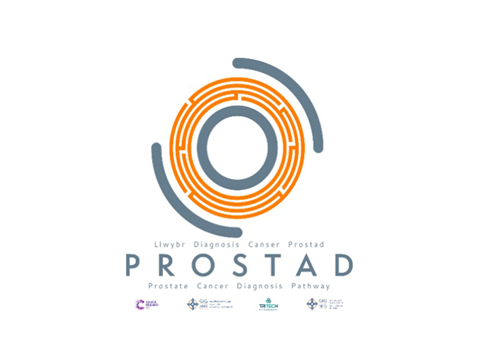Prostate cancer poses a significant health challenge globally, particularly in terms of early detection and timely treatment. Delays in diagnosing prostate cancer are linked with poorer outcomes, including reduced survival rates, diminished quality of life, and negative patient experiences. Prostate cancer is the most commonly diagnosed male cancer in the UK, with 2,168 cases being diagnosed in Wales between January – December 2021, this being a 15% increase on the previous year.
In a joint venture with Cancer Research UK, the Health Board’s Urology department, TriTech Institute and Value-Based Healthcare (VBHC) mapped out the diagnostic pathway to pinpoint factors that can cause delays including such issues as patient communications, Radiology and Pathology capacity, and clinic wait times.
In addition to identifying and reducing the pinch points, key components of the new streamlined PROSTAD pathway are the utilisation of the latest gold standard techniques including multi-parametric MRI (mpMRI) with dedicated scanning sessions, rapid reporting and review and a shift towards Local Anaesthetic Transperineal Biopsies (LATP) – this latest advanced technique having numerous advantages over the current methodology.
The PROSTAD project has included Public and Patient Involvement (PPI) from the outset, with input from members of the West Wales Prostate Support Group (WWPSG) into the design of the project itself, providing patient experience perspectives as well as assistance in the creation of patient leaflets.
Academic colleagues from Swansea University are an integral part of the project, analysing collected data from patient and stakeholder interviews feedback as well as conducting a health economic evaluation of the many benefits of the new pathway.
The learning from the CRUK and Hywel Dda PROSTAD project is expected to be utilised across not only our own Health Board, but throughout Wales and the rest of the UK. Indeed, the significance of the lessons learnt are anticipated to go beyond the realm of prostate cancer and serve as a model for innovation and improvement in healthcare delivery.


